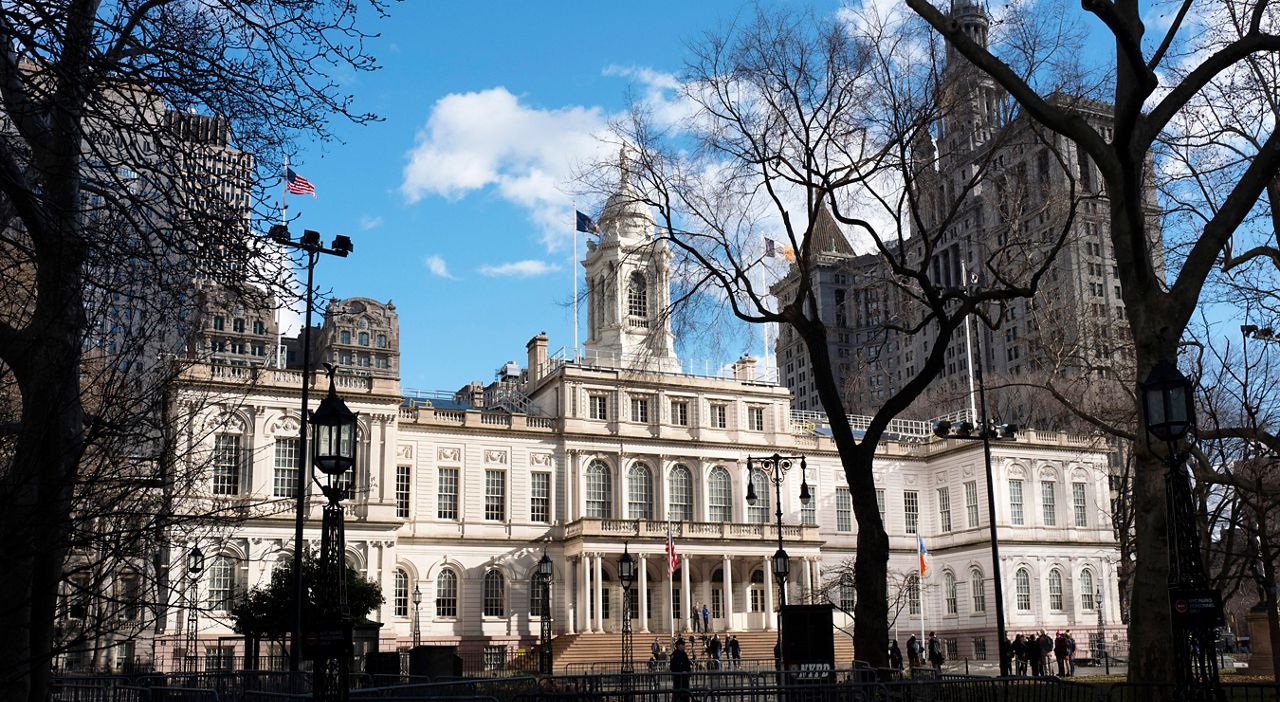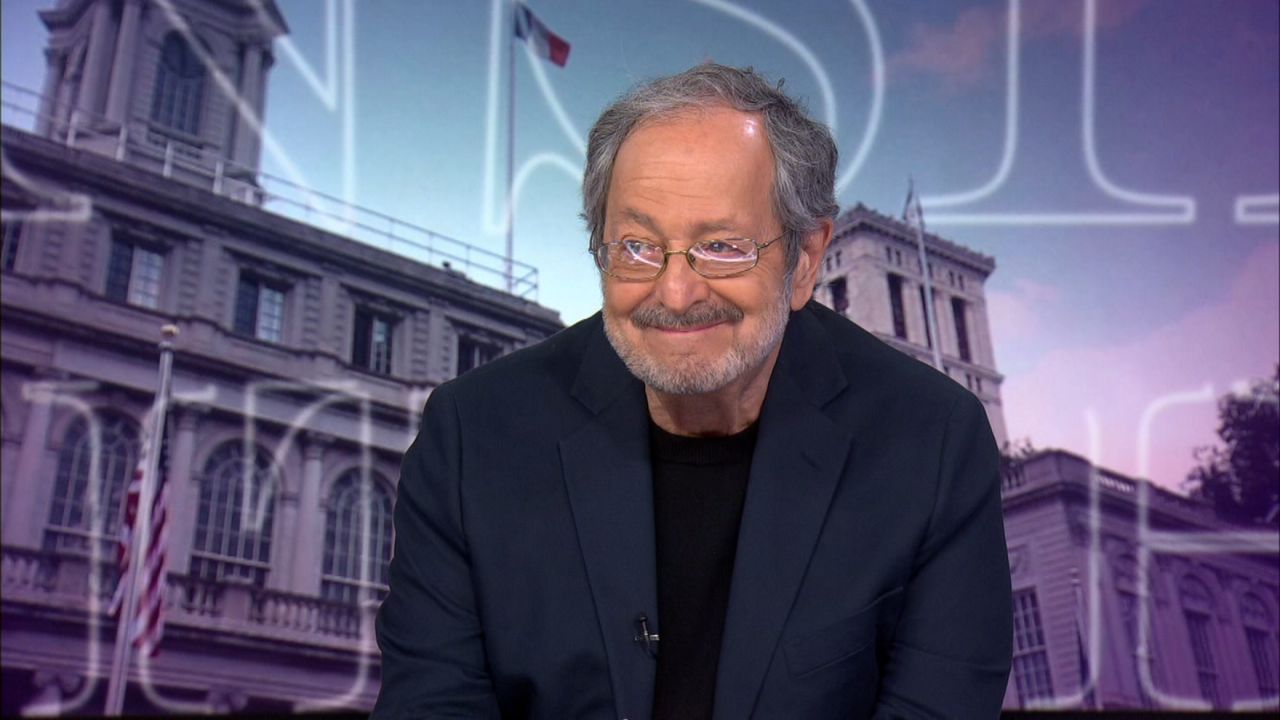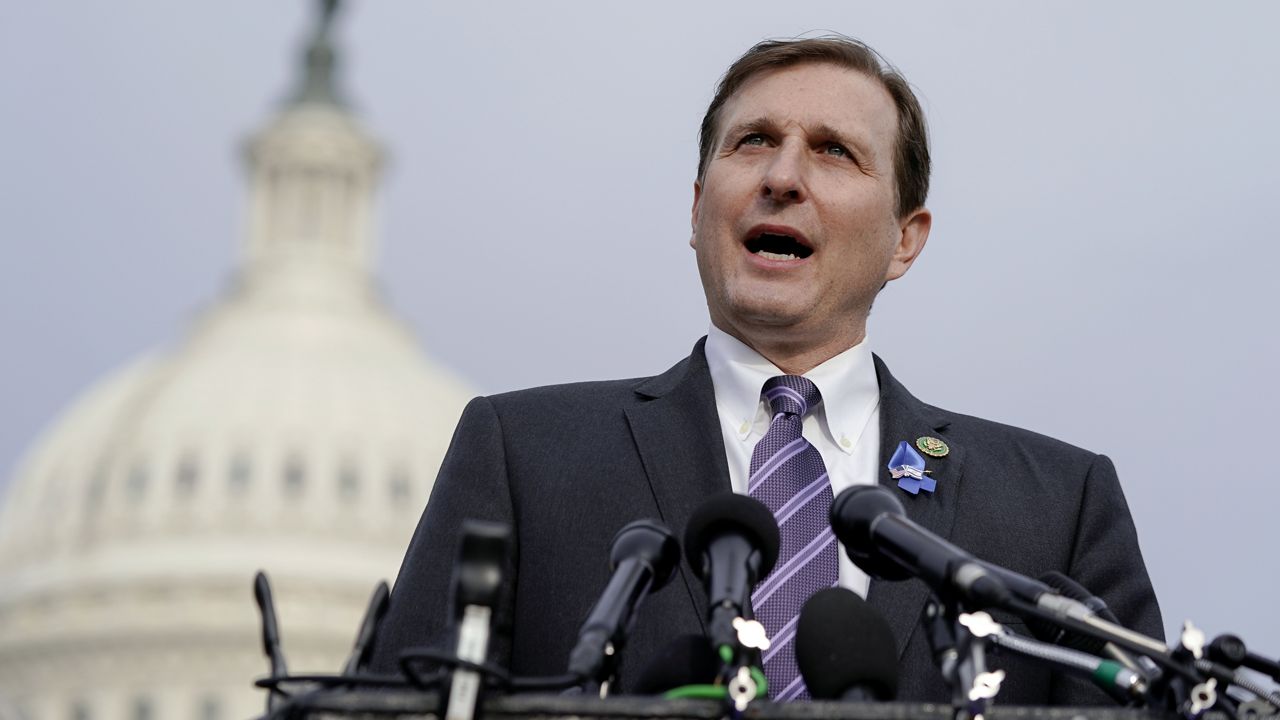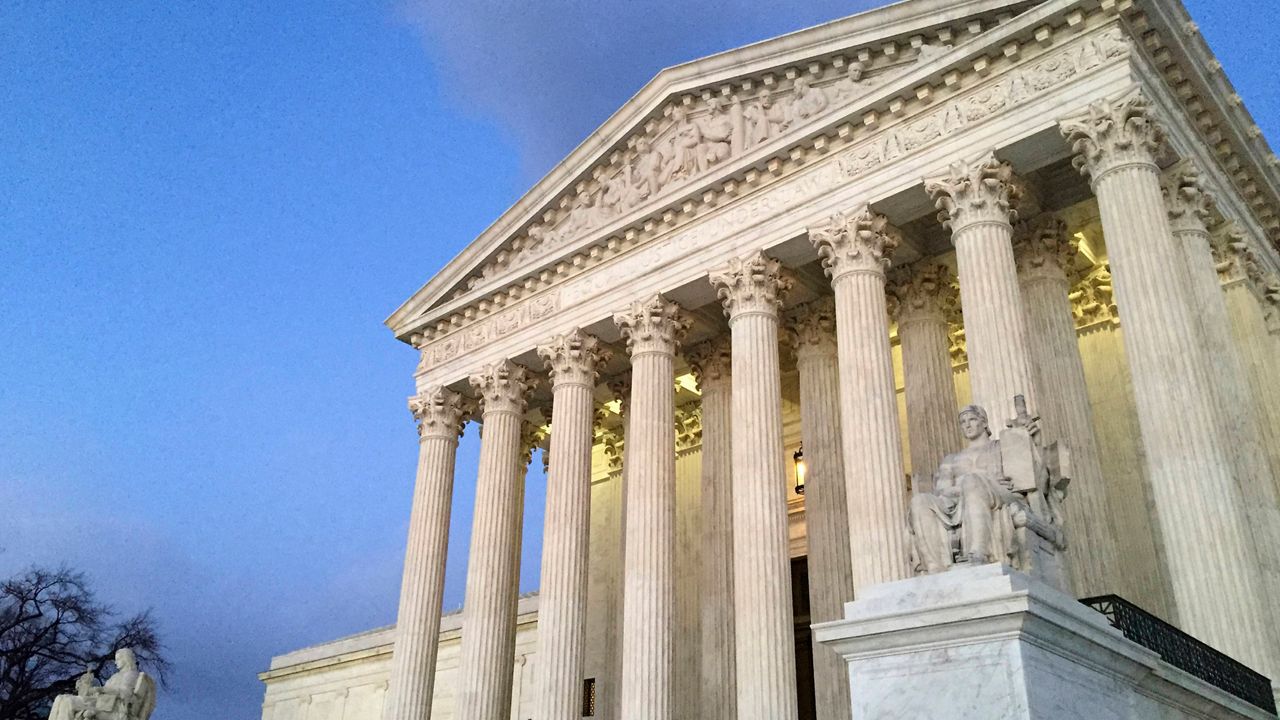The City Council is set to vote on a project that would be considered the largest development process in Queens' history — Innovation Queens.
However, some local leaders say the project doesn’t do enough to address affordable housing within the borough.
Queens Borough President Donovan Richards joined Bobby Cuza on “Inside City Hall” Thursday to discuss the controversial project.
Richards was against the project at first, but after developers increased the number of affordable units from 25% to 40%, he began to support it.
When asked what changed his mind, he said it’s the “art of negotiation."
“And certainly I made it very clear to the developer of this project and every developer coming to Queens that we’re not settling for the minimum of mandatory inclusionary housing, which is 25%,” he said. “Certainly 40% and higher should certainly be the sailing as we look at these new development proposals that we’re going to see time and time in communities like Astoria and Long Island City.”
He added that Queens is not going to be “the borough of truck depots.”
“We need to build our way out of this affordability crisis,” Richards said.
Opponents of this project believe it will only drive up rents and increase displacements within the community instead of bringing in affordable housing.
According to Richards, what’s currently driving up the rents in Queens is the lack of rent stabilized apartments.
“If there’s not enough supply but a huge demand, of course you’re going to see challenges and see rents driven up,” he said.
When asked if Councilmember Julie Won, who is holding out for a higher level of affordability, is being unreasonable, Richards said he would never tell a councilmember what to do.
“I think our job and the obligation of elected officials are to push, but, you know, in negotiations we don’t often get everything we want,” he said. “But at the end of the day, the rubber has to meet the road and we have to come up with a project that at the end of the day works for this neighborhood and, let’s be clear, has regional impacts.”
“It is time to move like this is a state of emergency and now’s not the time to play politics, it’s time to build our way out of this crisis,” he continued.









